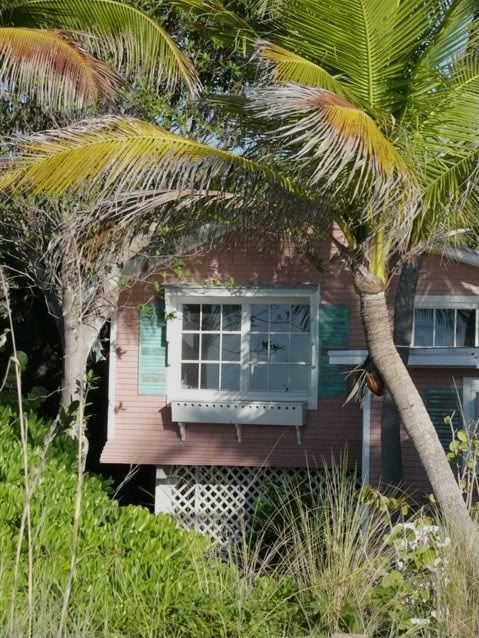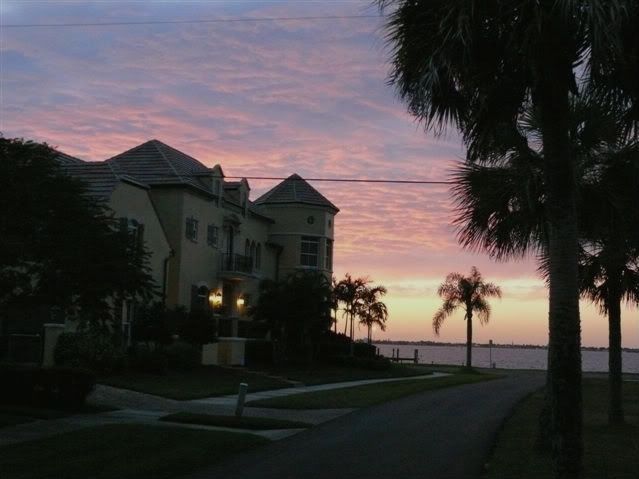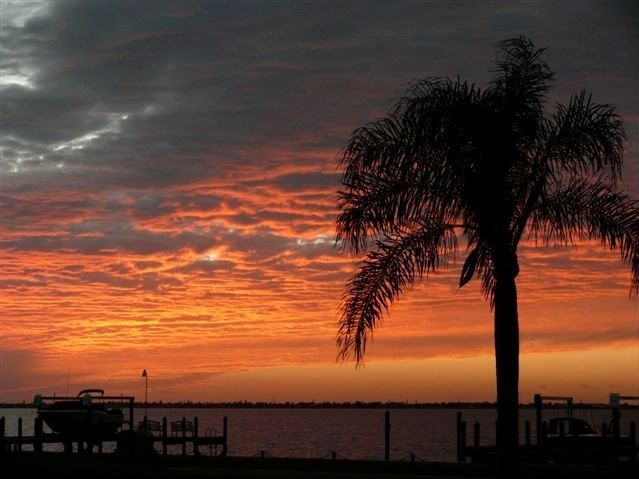kennedy
Senior Member
- Joined
- Feb 12, 2007
- Messages
- 2,820
- Reaction score
- 7
Another one of these doom and gloom articles, with Boston appearing (along with NYC) as one city that isn't becoming a ghost town.
http://realestate.yahoo.com/promo/americas-emptiest-cities.html
America's Emptiest Cities
by Zack O'Malley Greenburg, Forbes.com
Call it a modern-day tale of two cities.
For decades, Las Vegas, ripe with new construction and economic development, burgeoned into a shimmering urban carnival. Detroit, once the fulcrum of American industry, sagged and rusted under its own weight.
These days, it's the worst of times for both.
Las Vegas edged Detroit for the title of America's most abandoned city. Atlanta came in third, followed by Greensboro, N.C., and Dayton, Ohio. Our rankings, a combination of rental and homeowner vacancy rates for the 75 largest metropolitan statistical areas in the country, are based on fourth-quarter data released Feb. 3 by the Census Bureau. Each was ranked on rental vacancies and housing vacancies; the final ranking is an average of the two.
Cities like Detroit and Dayton are casualties of America's lengthy industrial decline. Others, like Las Vegas and Orlando, are mostly victims of the recent housing bust. Boston and New York are among the lone bright spots, while Honolulu is the nation's best with a vacancy rate of 5.8% for homes and a scant 0.5% for rentals.
Still, empty neighborhoods are becoming an increasingly daunting problem across the country. The national rental vacancy rate now stands at 10.1%, up from 9.6% a year ago; homeowner vacancy has edged up from 2.8% to 2.9%. Richmond, Va.'s rental vacancy rate of 23.7% is the worst in America, while Orlando's 7.4% rate is lousiest on the homeowner side. Detroit and Las Vegas are among the worst offenders by both measures--the Motor City sports vacancy rates of 19.9% for rentals and 4% for homes; Sin City has rates of 16% and 4.7%, respectively.
"It's a mess," says Vegas developer Laurence Hallier. "Right now, things are just frozen. Everybody's scared."
Hallier, 40, knows from experience. His $600 million Panorama Towers complex was a tremendous success at its inception three years ago. The first of his four planned residential skyscrapers sold out in six months; the second, which opened in 2007, sold out in 12 weeks. As the third tower neared completion last fall, Hallier had sold 92% of its units. Then the recession hit, and only half the units ended up closing. Hallier says it will take years to break even, and plans for the fourth tower have been delayed indefinitely.
There are others who've made--and lost--far worse gambles on Vegas property. In 2007, Israeli billionaire Yitzhak Tshuva and partner Nochi Dankner paid $1.25 billion to buy a 34.5-acre site on the Strip, with plans to build an $8 billion mega-casino modeled after New York's Plaza Hotel. By November, the value of the lot had plummeted to $650 million--half what they paid for it. Groundbreaking on the casino has been pushed back to 2010, and today, the land may be worth less than the $625 million Tshuva and Dankner borrowed to buy it.
The Plaza debacle is emblematic of the problems afflicting millions of property owners in Vegas and around the country--and can explain, in large part, the origins of America's housing crisis.
As real estate prices skyrocketed during the boom, consumers took out massive loans to buy homes, assuming values would continue to rise. Instead they took a nosedive, especially in places like Las Vegas, Florida and Phoenix, where the housing boom had created excess inventory and so-called "bad loans" were rampant. Many homeowners suddenly found themselves with properties worth far less than the mortgages they'd taken out. In the worst cases, banks foreclosed, leaving people without homes--and with more debt than they'd had to begin with.
The situation in places like Las Vegas is bad enough, but Detroit's problems run much deeper. Though its vacancy rates are marginally better than Sin City's, Motown has been on the empty side for decades. An industrial boomtown during the first half of the 20th century, Detroit's population swelled from 285,000 in 1900 to 990,000 in 1920, reaching a peak of 1.8 million in 1950.
But starting in the 1960s, Detroit began a precipitous decline. Detroit's population is now 900,000--half what it was in the middle of the century--and many of its neighborhoods languish in varying states of decay. Most scholars blame rapid suburbanization, outsourcing of manufacturing jobs, and federal programs they say exacerbated the situation by creating a culture of joblessness and dependency.
Yet after more than half a century, countless scholars, politicians, community organizers developers and nonprofit workers have been unable to come up with a solution to fix Detroit.
Will Las Vegas eventually suffer the same fate?
"I don't think Vegas is overbuilt," says Hallier. "Despite what everybody says, Vegas still has 2 million people."
Time will tell if this sort of optimism is warranted. Cynics who've witnessed Detroit's decline might liken Hallier's opinions to another Dickens oeuvre: Great Expectations.
http://realestate.yahoo.com/promo/americas-emptiest-cities.html






